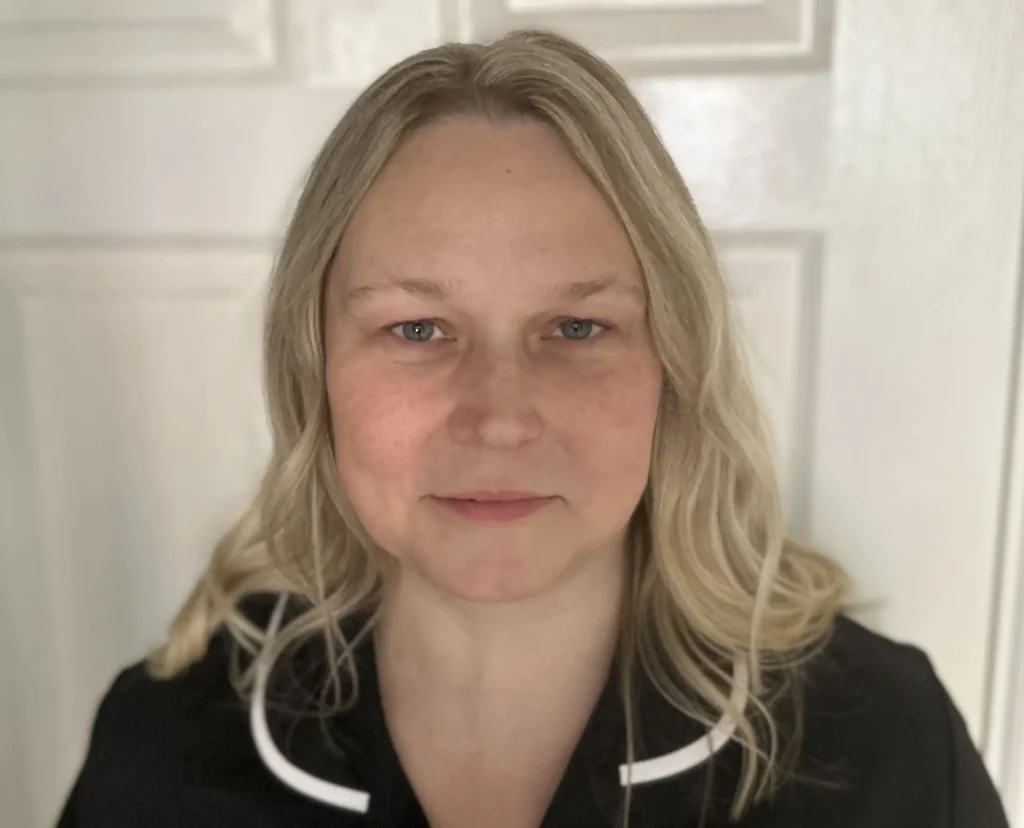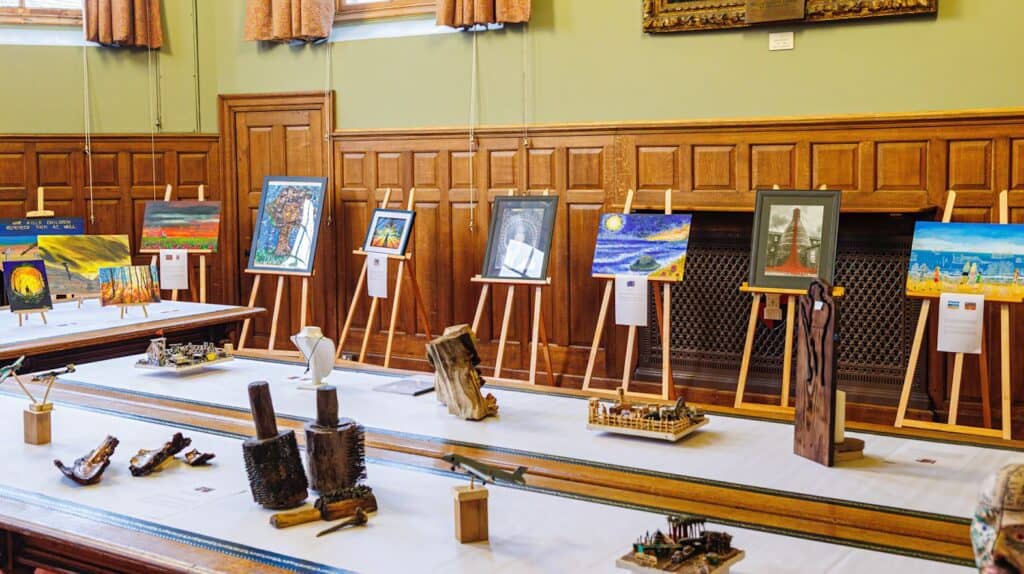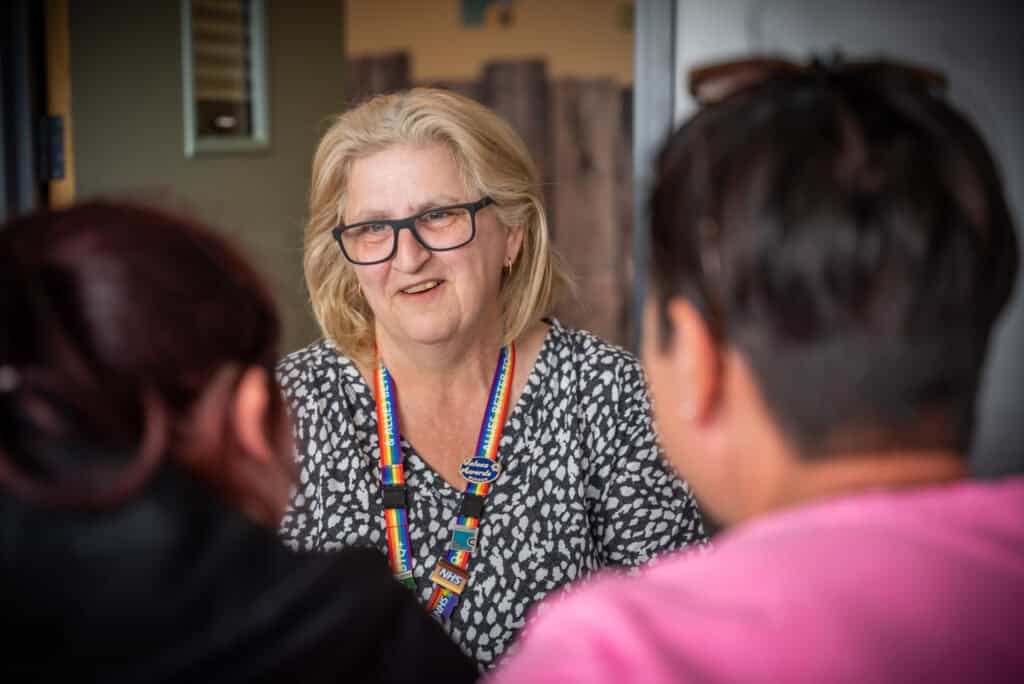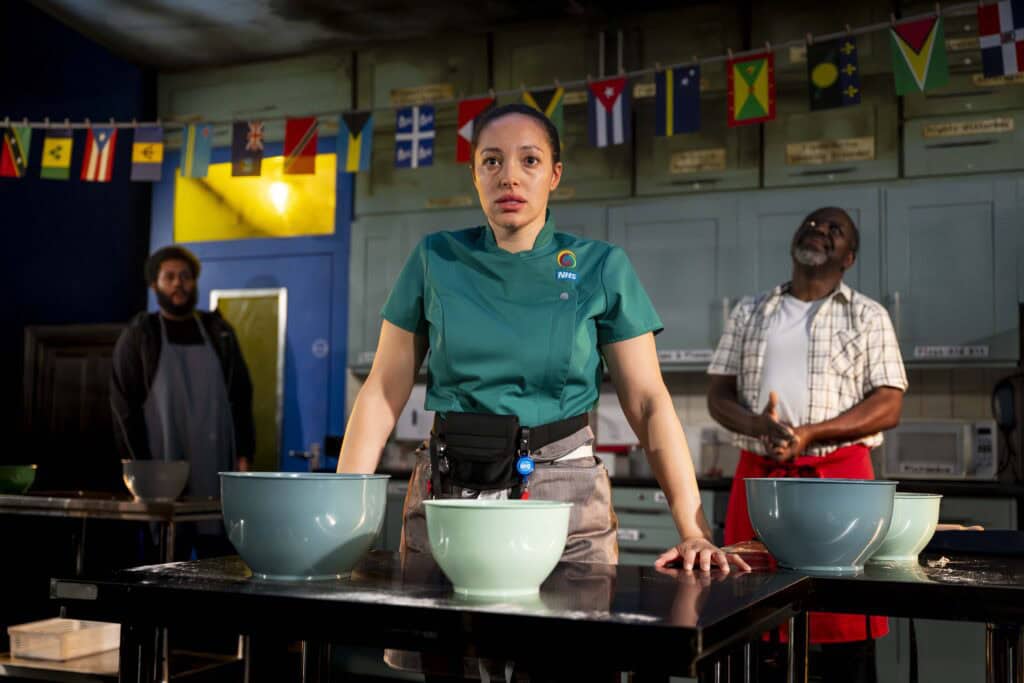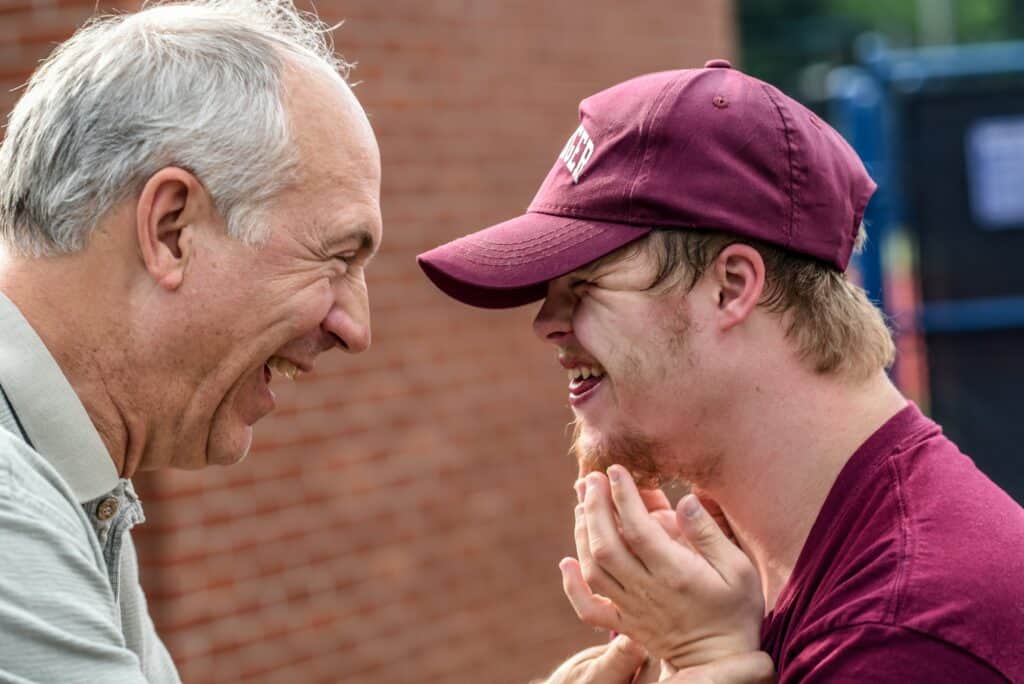I hope that sharing my story helps to normalise disabilities at work.
In the UK, one in five people have a disability, 80% of which have a hidden disability.
Hidden disabilities are a wide range of physical and mental conditions that are not visible or immediately obvious. We are very grateful to Victoria Webster, Head of Pharmacy Operations HMP Birmingham for sharing her story with our followers about her hidden disabilities.
Below, Victoria explains more about living with a hidden disability and how we can all be more mindful that disabilities come in all forms.
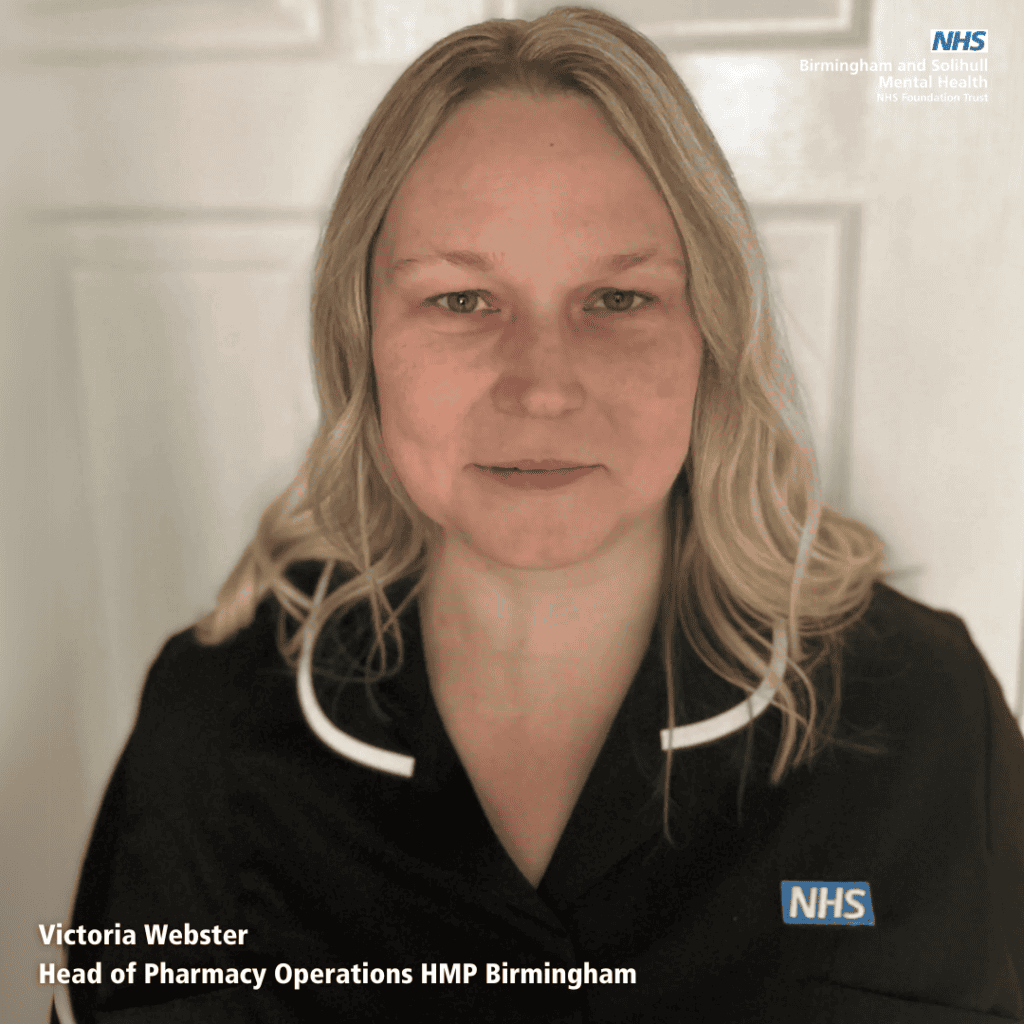
“I have two hidden disabilities that have occurred later in my life and career which has been difficult for me to come to terms with and adjust to. My colleagues would have no idea unless I told them.
My first disability is hearing loss. I always wondered why I struggled on the phone or in meetings and could not hear everything that was being said. I would often answer a question and get a confused response because I had heard something different to what was being discussed. I suffered with tinnitus and had an ENT (Ear, Nose, and Throat) appointment where they discovered I could not hear certain tones. I found it difficult to hear male voices or distinguish multiple voices at once, especially if there was background noise.
Everyone now knows about my disability. I wear two hearing aids and if I cannot hear them, I feel comfortable to ask them to repeat it and explain why, asking them to speak louder. I often ask for help if I struggle to hear on the telephone and my team are great at offering that support.
I also have a bowel condition called bile acid malabsorption which can be quite difficult to manage without medication. It can be painful and tiring at times as I do not always absorb the nutrients I need to function with good physical health. Again, this is hidden from sight but being open and honest about how this condition affects me day to day has helped my manager have a better understanding.
I do not hesitate to talk about my struggles and the more I do the more acceptance there is. I hope that sharing my story helps to normalise disabilities at work.”
Published: 22 July 2024


